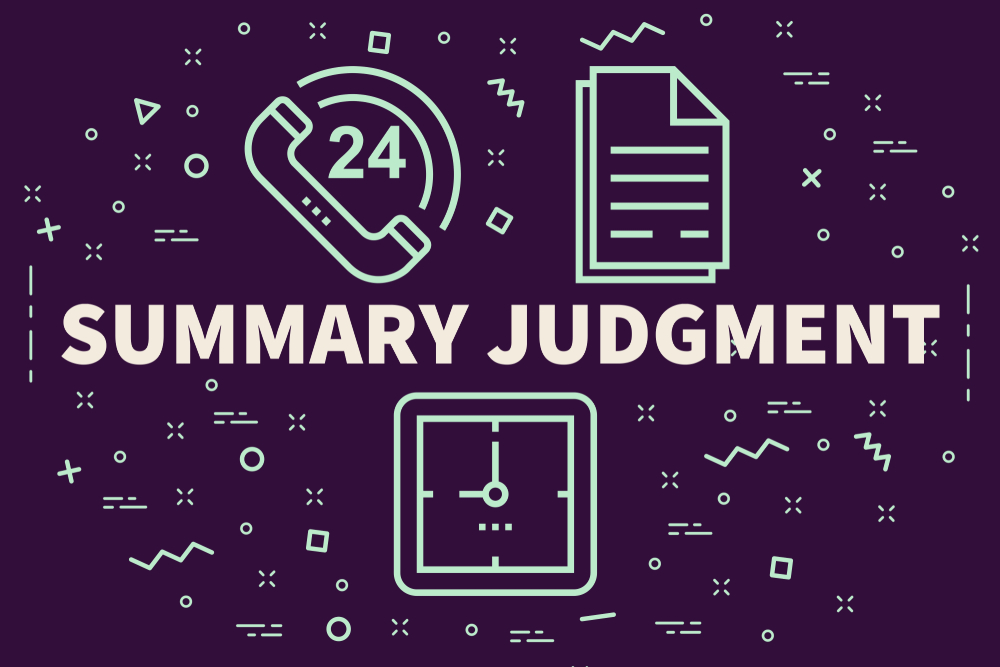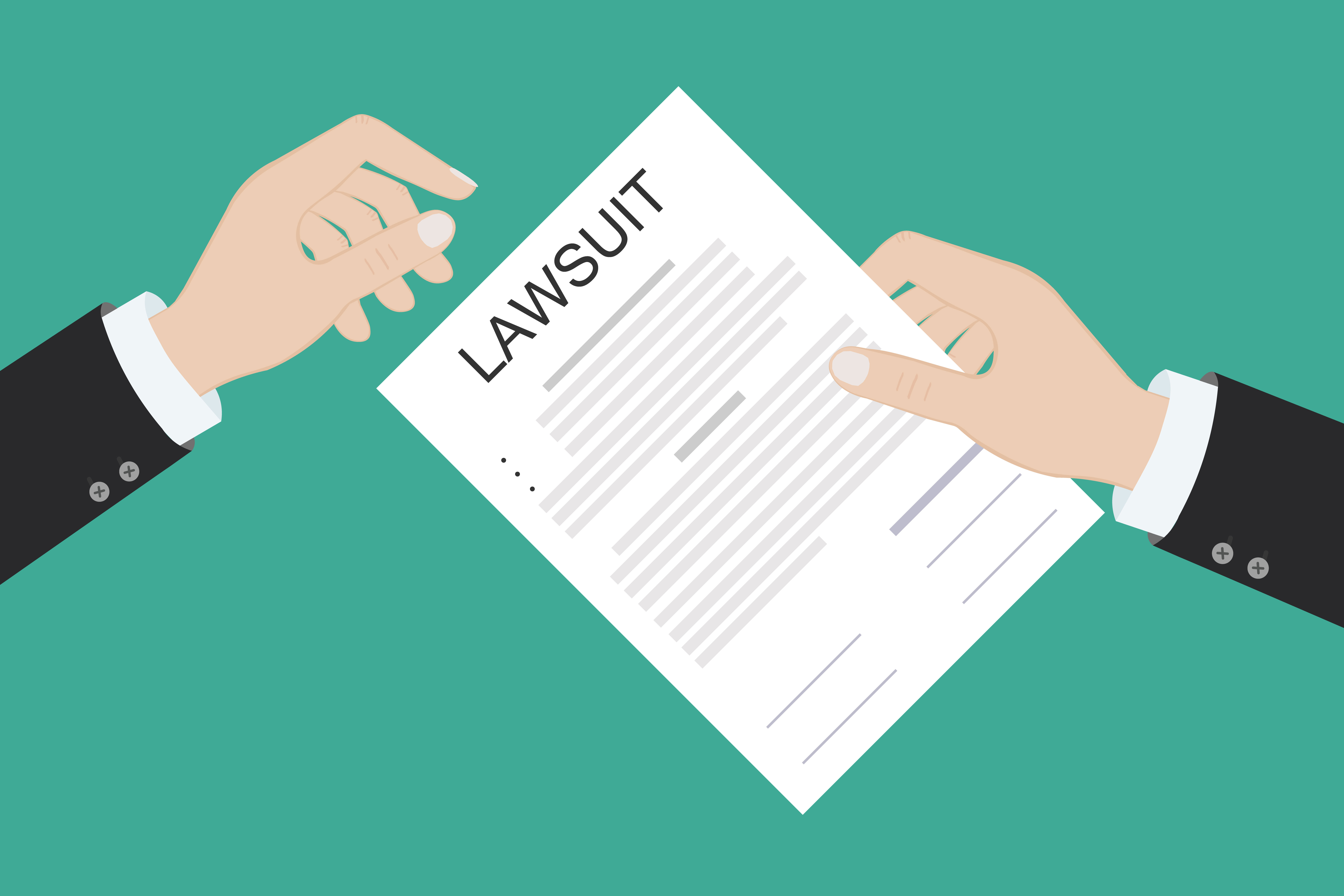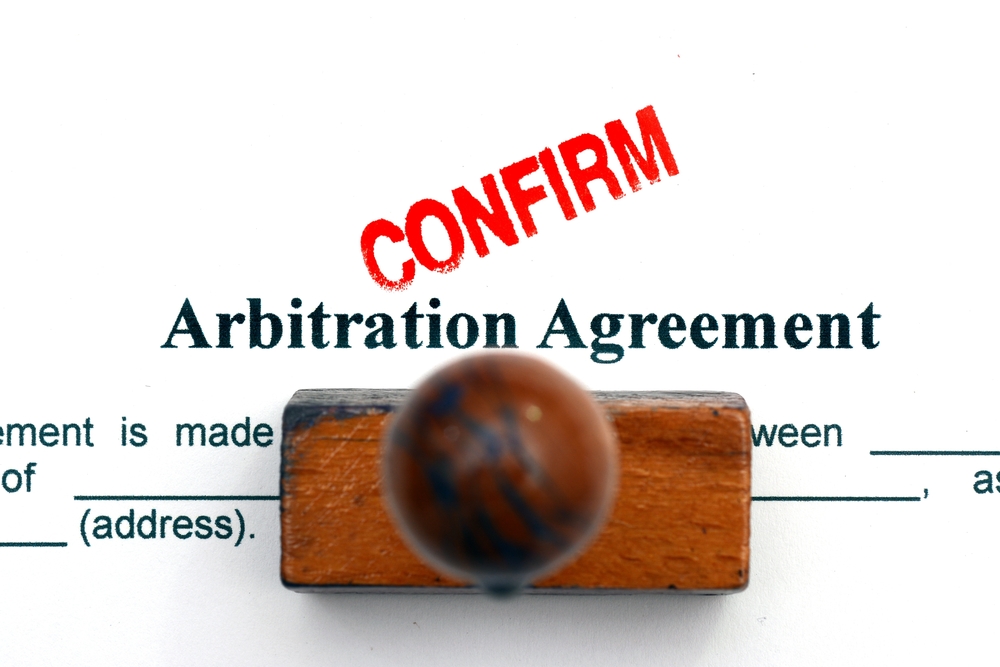How to Factor a Postoffer Settlement into a Proposal for Settlement Analysis
A plaintiff may serve a proposal for settlement (a/k/a offer of judgment) to create a mechanism to recover attorney's fees as the prevailing party. When it comes to proposals for settlement served by the plaintiff on the defendant, Florida Statute s. 768.79 provides: (b) If a plaintiff serves an offer which is not accepted by the defendant, and if the judgment obtained by the plaintiff is at least 25 percent more than the amount of the offer, the plaintiff shall be awarded reasonable costs, including investigative expenses, and attorney's fees, calculated in accordance with the guidelines promulgated by the Supreme Court, incurred...
Continue reading













